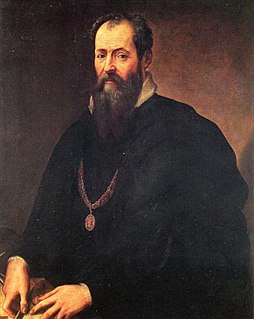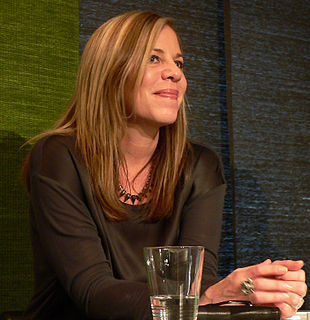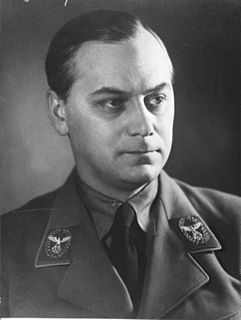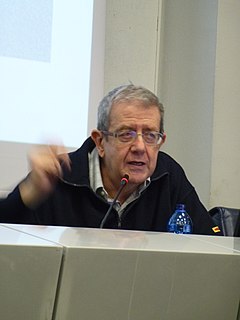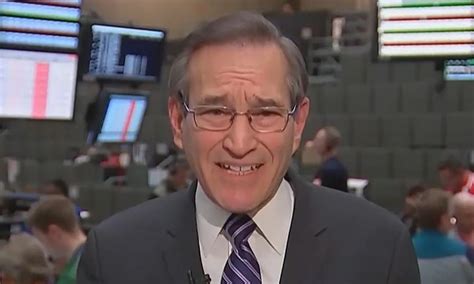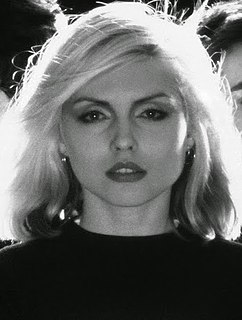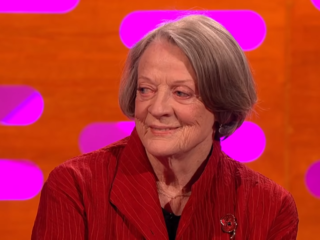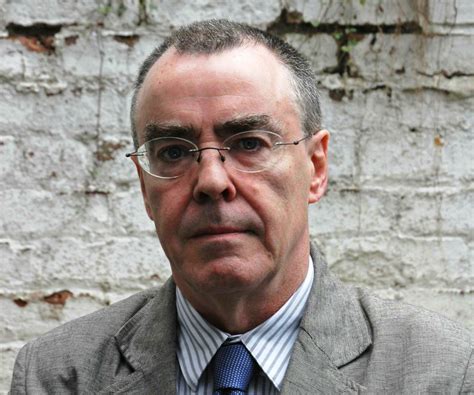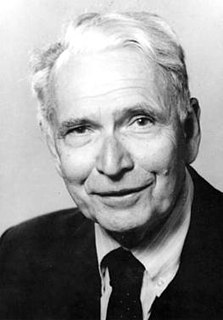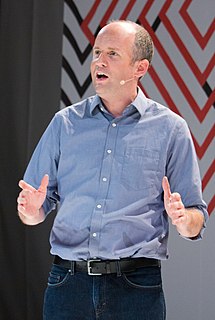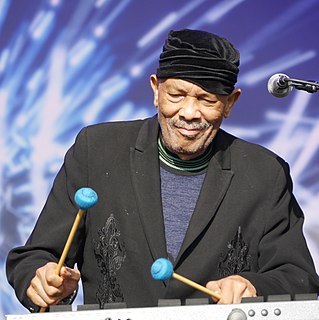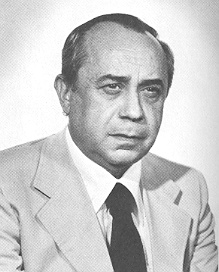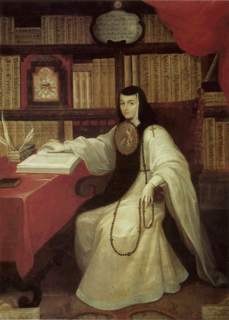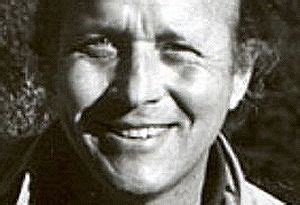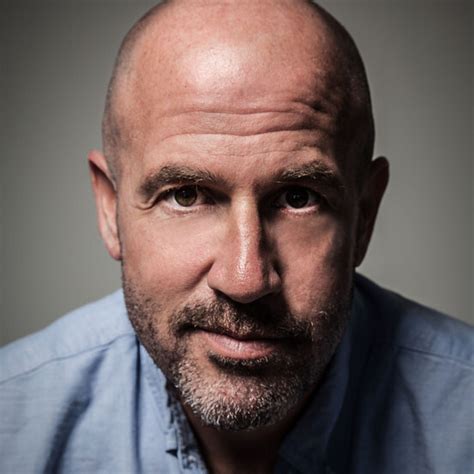Top 182 Leonardo DiCaprio Quotes & Sayings - Page 3
Explore popular Leonardo DiCaprio quotes.
Last updated on November 7, 2024.
I guarantee you that Leonardo Prince is doing nothing but listening to the 'Tron: Legacy' soundtrack on loop. And he's probably seen 'Tron: Legacy' twice, or three times. And the other two times, he's taken people who he thinks are important to him, and judged by their reaction to see if he should still be friends with them or not.
Well, for that matter, I was also a good friend of Leonardo da Vinci, Botticelli, Francis Bacon, Albert Einstein, and John, Paul, George, and Ringo." He pauses, seeing the blank look on my face and groaning when he says, "Christ, Ever, the Beatles!" He shakes his head and laughs. "God, you make me feel old.
Leonardo da Vinci was comfortable being illegitimate, gay, a misfit, a heretic. But he also respected other people. He didn't get into disputations. He was a genius but he had a certain humility. In his notebooks you see lists of people he wanted to grill about things like how the water diversions in Milan work; he was always interested in learning from other people.
I think Leonardo da Vinci teaches us the value of both being focused on things that fascinate us but also, at times, being distracted and deciding to pursue some shiny new idea that you happen to stumble upon. Balancing intense focus with being interested in a whole lot of different things is something that we have to do in the Internet age.
It is impossible to decide whether a particular detail of the Pythagorean universe was the work of the master, or filled in by a pupil a remark which equally applies to Leonardo or Michelangelo . But there can be no doubt that the basic features were conceived by a single mind; that Pythagoras of Samos was both the founder of a new religious philosophy, and the founder of Science, as the word is understood today.
Indeed, the great Leonardo (da Vinci) remained like a child for the whole of his life in more than one way. It is said that all great men are bound to retain some infantile part. Even as an adult he continued to play, and this was another reason why he often appeared uncanny and incomprehensible to his contemporaries.
FACT: The Priory of Sion - a European secret society founded in 1099 - is a real organization. In 1975 Paris's Bibliothque Nationale discovered parchments known as Les Dossiers Secrets, identifying numerous members of the Priory of Sion, including Sir Isaac Newton, Botticelli, Victor Hugo, and Leonardo da Vinci.
A comparably capacious embrace of beauty and pleasure - an embrace that somehow extends to death as well as life, to dissolution as well as creation - characterizes Montaigne's restless reflections on matter in motion, Cervantes's chronicle of his mad knight, Michelangelo's depiction of flayed skin, Leonardo's sketches of whirlpools, Caravaggio's loving attention to the dirty soles of Christ's feet.
On the other hand, heroism is basic to the character of the Nordic peoples. This heroism of the ancient mythic period and this is what is decisive has never been lost, despite times of decline, so long as the Nordic blood was still alive. Heroism, in fact, took many forms, from the warrior nobility of Siegfried or Hercules to the intellectual nobility of Copernicus and Leonardo , the religious nobility of Eckehart and Lagarde, or the political nobility of Frederick the Great and Bismarck , and its substance has remained the same.
Homosexuality is assuredly no advantage, but it is nothing to be ashamed of, no vice, no degradation; it cannot be classified as an illness; we consider it to be a variation of the sexual function, produced by a certain arrest of sexual development. Many highly respectable individuals of ancient and modern times have been homosexuals, several of the greatest men among them (Plato, Michelangelo, Leonardo da Vinci, etc.). It is a great injustice to persecute homosexuality as a crime--and a cruelty, too. If you do not believe me, read the books of Havelock Ellis.
You know, you have Scorsese who worked with De Niro and - or DiCaprio. You have William Wyler who worked with Bette Davis. You have George Cukor who worked with Katharine Hepburn. I just - people get to be friends and then there's a - that's a - you can take risks together and each time out you take a different risk.
Between their rise in the thirteenth century and their sudden fall in the seventeenth, when the line abruptly ended, the Medicis produced three popes, two queens, and many Florentine rulers, and they supported the work of Galileo, Michelangelo, Leonardo, and Botticelli - a veritable parade of geniuses.
I quickly realized that this medium had a lot to offer someone like me. To do Disney-quality hand-drawn cartoons, you have to be a master of two art forms. Seriously, you have to be able to draw like a Leonardo da Vinci or a Michelangelo. But also you have to know movement and timing and control that through 24 frames a second.
There is a connection, hard to explain logically but easy to feel, between achievement in public life and progress in the arts. The age of Pericles was also the age of Phidias. The age of Lorenzo de Medici was also the age of Leonardo da Vinci. The age of Elizabeth was also the age of Shakespeare. And the New Frontier for which I campaign in public life, can also be a New Frontier for American art.
The Mona Lisa, to me, is the greatest emotional painting ever done. The way the smile flickers makes it a work of both art and science, because Leonardo understood optics, and the muscles of the lips, and how light strikes the eye - all of it goes into making the Mona Lisa's smile so mysterious and elusive.
I think its pretty clear that film is the pre-eminent art form of our age. If Michaelangelo or Leonardo Da Vinci were alive today they’d be making Avatar, not painting a chapel. Film is incredibly democratic and accessible, it’s probably the best option if you actually want to change the world, not just re-decorate it.
If I had to spend equal time doing paintings, and equal time going to galleries and doing art business, and equal time making music, and equal time going to record companies, or to the publicist or to the lawyer, forget it. It would take four times as long to do all that stuff. Unless I had a patron. That's why Leonardo da Vinci was successful. He had the Medicis, right?
Put yourself in the position of an up-and-coming artist living in early-sixteenth-century Italy. Now imagine trying to distinguish yourself from the other artists living in your town: Michelangelo, Raphael, Leonardo, or Titian. Is it any wonder that the Italian High Renaissance lasted only 30 years?
When I ask myself what are the great things we got from the Renaissance, it's the great art, the great music, the science insights of Leonardo da Vinci. Two hundred years from now, when you ask what are the great things that came from this era, I think it's going to be an understanding of the universe around us.
For the pre-Darwinian age had come to be regarded as a Dark Age in which men still believed that the book of Genesis was a standard scientific treatise, and that the only additions to it were Galileo'a demonstration of Leonardo da Vinci's simple remark that the earth is a moon of the sun, Sir Humphrey Davy's invention of the safety lamp, the discovery of electricity, the application of steam to industrial purposes, and the penny post.
Travel releases spontaneity. You become a godlike creature full or choice, free to visit the stately pleasure domes, make love in the morning, sketch a bell tower, read a history of Byzantium, stare for one hour at the face of Leonardo da Vinci's 'Madonna dei fusi.' You open, as in childhood, and--for a time--receive this world. There's visceral aspect, too--the huntress who is free. Free to go, free to return home bringing memories to lay on the hearth.
I find it very difficult to do anything on my own now because people recognize me. This has never happened to me before because I haven't really done television before. But I suppose if you're in people's rooms all the time, I don't know - I was thinking the other night with people like DiCaprio and, you know, those big stars and Cate Blanchett, and you just think how did they exist? It's so difficult. And I think now it's very intrusive because of these cellphones, you know, with cameras.
I am reminded, now, of Leonardo's advice to painters: You should fix your eyes, he says, on certain walls stained with damp. You will see in these the likenesses of divine landscapes, adorned with mountains, ruins, rocks, extensive plains; and you will see there battles and strange figures engaged in violent actions. For in such walls the same thing happens as in the sound of church bells, in whose reverberations you may find every word imaginable.
Can you imagine being Leonardo Da Vinci in the 1400s trying to describe his ideas for machines that would allow humans to fly to the average person of his time? This is hundreds of years before the invention of electricity, the internal combustion engine, and many other things we take for granted today.
What made Leonardo da Vinci, Thomas Edison and Albert Einstein such creative geniuses? It wasn't reading books or watching YouTube talks about How To Be More Creative, that's for sure... If startling insights could be systematically arrived at, they wouldn't be startling. The best you can do is to create a conducive environment: put in the hours; take time to daydream; avoid mind-corroding substances.
Ever see a skinny guy on a cold day? You know they tremble like Chihuahuas. Then you see a fat guy in a tank top - nine degrees, he's sweatin'. Look at 'Titanic,' remember the boat goes into the icy cold waters? Little skinny Leonardo: dead. Final scene, Kathy Bates on a rowboat, coat open, eating a hotdog.
We relate to Leonardo da Vinci because his genius was just being passionately curious about everything. He wanted to know everything he could know about our universe, including how we fit into it. We can't all have a superhuman intellect like Albert Einstein's, but we can be super-curious. And we can also quit smashing curiosity out of the hands our children.
It can be a work by Mondrian, a piece of music by Schönberg or Mozart, a painting by Leonardo, Barnett Newman or also Jackson Pollock. That's beautiful to me. But also nature. A person can be beautiful as well. And beauty is also defined as 'untouched'. Indeed, that's an ideal: that we humans are untouched and therefore beautiful.
But, lady, as women, what wisdom may be ours if not the philosophies of the kitchen? Lupercio Leonardo spoke well when he said: 'how well one may philosophize when preparing dinner.' And I often say, when observing these trivial details: had Aristotle prepared vituals [sic], he would have written more.
The names of great painters are like passing-bells: in the name of Velasquez you hear sounded the fall of Spain; .in the name of Titian, that of Venice; in the name of Leonardo, that of Milan; in the name of Raphael, that of Rome. And there is profound justice in this, for in proportion to the nobleness of the power is the guilt of its use for purposes vain or vile; and hitherto the greater the art, the more surely has it been used, and used solely, for the decoration of pride or the provoking of sensuality.
It's happened many times before. Usually it results in an exceptional and gifted human. Some of the greatest figures in Earth's history were actually the product of humans and the Loric, including Buddha, Aristotle, Julius Ceasar, Alexander the Great, Genghis Khan, Leonardo da Vinci, Isaac Newton, Thomas Jefferson, and Albert Einstein... Aprodite, Apollo, Hermes, and Zeus were all real, and had one Loric parent
I went to the Louvre in Paris, and I saw all the paintings and the Mona Lisa. You don't really see something like that every day. I was looking at it, and everything else in the room just shut out. Like, Leonardo Da Vinci painted this thing - this is unreal that he touched that. It had this crazy effect on me.
"The further art advances the closer it approaches science," said Leonardo da Vinci, painter, sculptor, architect, engineer, and inventor of the wheelbarrow, and other useful instruments from the speaking tube to a mechanically gyp-proof whore-house, "the further science advances the closer it approaches art."




